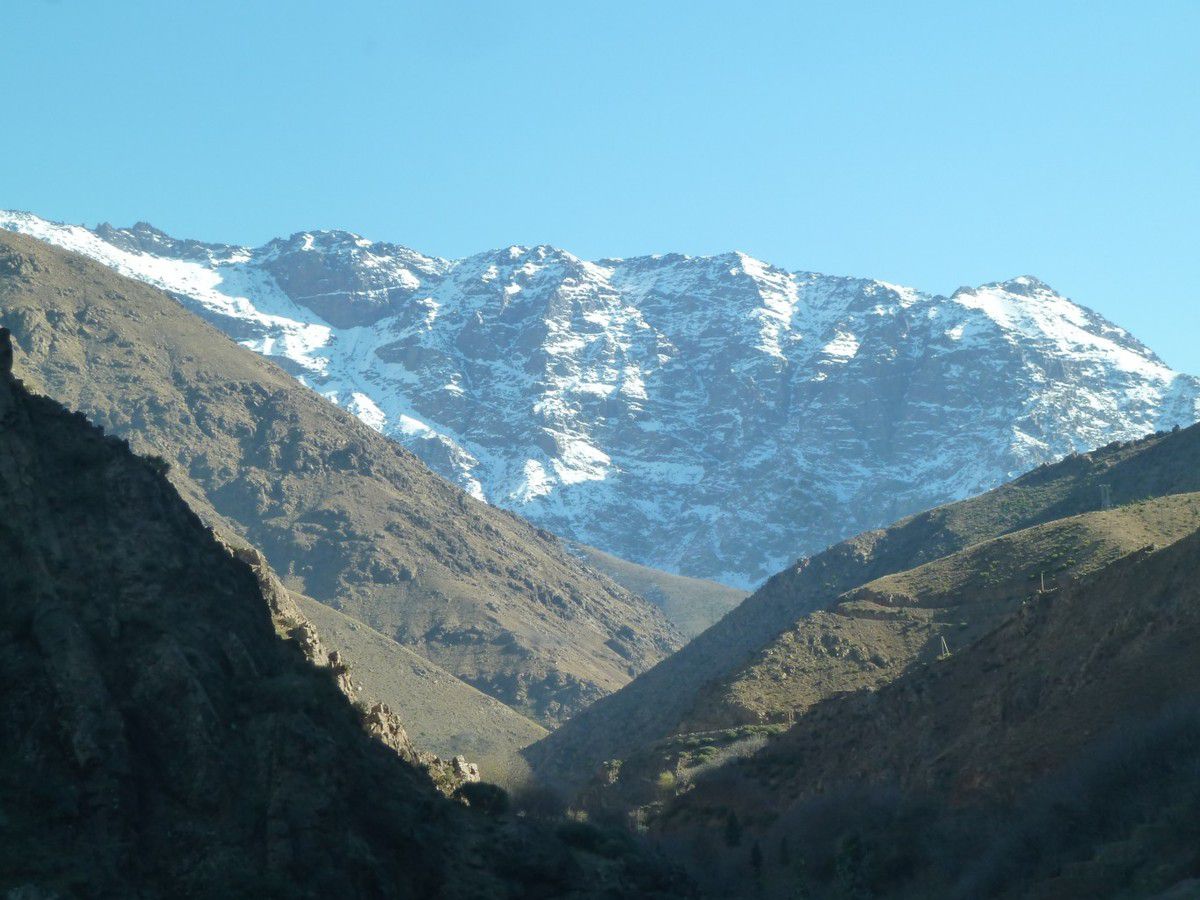
Built & non-Built Environment Professionals Meeting Place
November 12 2015
The Maghreb region is not only vital to the stability and long-term progress within the MENA group of countries, its development issues covering environmental, economic and social goals are challenging. Very close to Europe, it could then for anyone involved or interested in its development be how to best meet the needs of the present population, without leaving adverse impacts for the generations of tomorrow to deal with on either of the Mediterranean.
WWF wrote in paper titled “Northern Africa: Morocco, Algeria, and Tunisia” the following:
The Mediterranean Woodland and Forest ecoregion stretches from the coastal plains to the hills of northern Morocco, Algeria and Tunisia, and eventually surrounds the Atlas Mountains. The variety of substrates and climates leads to a diverse mix of vegetation including holm oak forests, cork oak forests, wild olive and carob woodlands, as well as extensive Berber thuya forest.
FESPA produced this article on the hot subject of how desertification in the Maghreb could affect Europe southern facade.
Desertification is a major environmental problem in Maghreb.
The sustainable use of forests in these countries could help counter and adapt to this global change.
This is why MENFRI, the Mediterranean Network of Forestry Research and Innovation, gathered together forestry experts in Barcelona this summer to discuss opportunities and challenges brought by innovative solutions such as forest certification in the Mediterranean region.
“If in the northern Mediterranean PEFC certification is well developed, it’s not the case in the south,” explained Sarah Price, Head of Projects and Development at PEFC International, who travelled out to Spain to take part in the meeting. “The MENFRI project is therefore a great opportunity to discuss how forest certification could help Mediterranean forests and their products to be better valued.”
In Morocco, 80% of the lands are at high risk of desertification. To face this challenge, Morocco has made significant effort to address land degradation. However, forest management remains an important issue for the country. Indeed, in Morocco as well as in Tunisia, forests are of public ownership and inhabitants can use its resources for their own needs. Unfortunately, this legal framework led to abuses and to desertification due to a lack of awareness regarding the value of the forest and its products and the need to exploit it sustainably.
“PEFC certification improves the product’s selling capacity. But local products can also add a label of origin to reinforce the local consumption,” explained Antonio Brunori, Secretary General of PEFC Italia.
Being able to identify a certified product issued from a Mediterranean forest as environmentally friendly and socially fair is key in the development of a market for Mediterranean forest products. The development of such a market would favor growth in the Mediterranean by attracting investors, and therefore increasing the interest of local stakeholders in using their source of income in a sustainable way.
PEFC endorses national forest certification systems, therefore, national administrations have to develop national standards for a sustainable forest use. While Morocco is reviewing its legislation to support public-private partnerships for forest management, Tunisia still has to launch this legislation reform to allow actual pilot projects already in place to become the rule on the territory. “Certification will not be a solution to this urgent need for legislative reform,” warned Abdhelamid Khaldi, from the National Research Institute of Rural Engineering, Water and Forests in Tunisia.
“We need to show the advantage of forest certification to the administration so as to encourage them to set national standards. We have to demonstrate that forest certification can ensure an environmental, social and economically viable product,” stated Mrs. Druget from the EU delegation to Morocco.
She added that a four year program was launched in 2013 by the European Commission to support the adaptation of the Moroccan forestry sector to new challenges, to promote territorial approaches and ensure the participation of local communities to the sustainable use of forests.
This demonstrates that many actors are on the ground developing strategies and pilots in order to find solutions for a bright and sustainable future for Mediterranean forestry. The MENFRI Network allows all these actors: researchers, forest managers, administration, cooperatives, investors, policymakers, etc. to find a common platform to exchange ideas and build strong collaborations.
Read more on FESPA's original article.